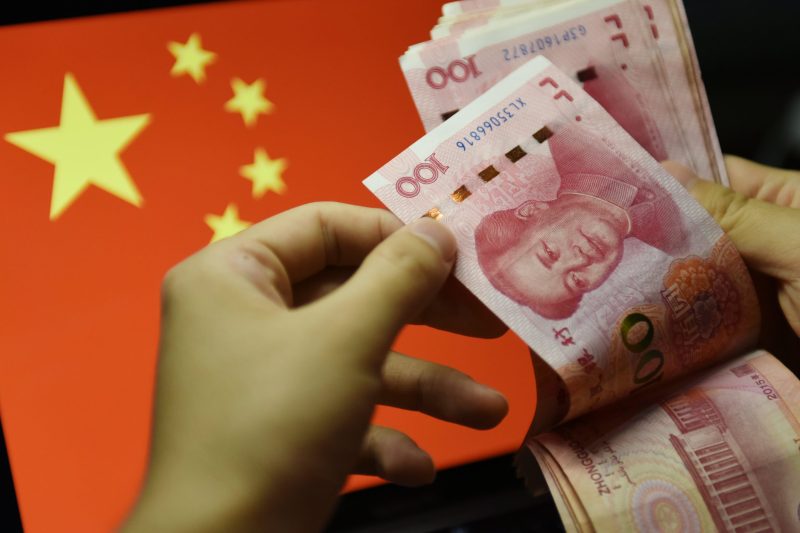Chinese lawmakers are exploring revisions to the country’s anti-money laundering law to address risks associated with emerging financial technologies like cryptocurrencies. According to the Chinese government, 1,391 people were prosecuted for money laundering-related offenses in the first half of 2024, underscoring the urgency to update regulations.
Lawmakers Push for Enhanced Monitoring of Fintech
On September 9, Wang Xiang, a spokesperson for the Legislative Affairs Commission, shared with the South China Morning Post that the proposed revisions aim to bolster China’s ability to “monitor” and analyze money laundering risks linked to new technologies. These changes come as fintech, including digital currencies, rapidly evolves, creating challenges for regulators.
The revised law would also require China’s central bank and financial regulators to collaborate on establishing guidelines to manage these emerging risks. Financial institutions would face greater accountability, being tasked with assessing money laundering dangers posed by new business models that incorporate technologies such as blockchain and decentralized finance.
Supreme People’s Court Expands Definition of Money Laundering
In a related move, the Supreme People’s Court of China broadened the definition of money laundering on August 19 to include virtual assets. The court ruled that transactions involving digital currencies and other financial assets could be considered methods for concealing the origins of illicit funds.
The ruling highlighted that repeat offenders laundering more than 5 million yuan, or causing 2.5 million yuan or more in monetary damages, would be subject to harsher penalties. This expansion underscores the growing concern over the misuse of cryptocurrencies and other virtual assets for illegal purposes.
China’s Tough Stance on Cryptocurrencies
China has a long-standing hostility toward cryptocurrencies. Since 2017, the government has been cracking down on virtual asset exchanges, ordering their shutdown within the country. Foreign exchanges, such as Coinbase, were also forced to halt their operations in China, leading to market turmoil, including a drop in Bitcoin prices to as low as $3,000.
In 2021, China intensified its crackdown, launching coordinated efforts between the People’s Bank of China, the Cyberspace Administration of China, and the Ministry of Public Security to curb the use of cryptocurrencies domestically. The Chinese government continues to view cryptocurrencies as a threat to its financial system and its strict control over monetary policy.
